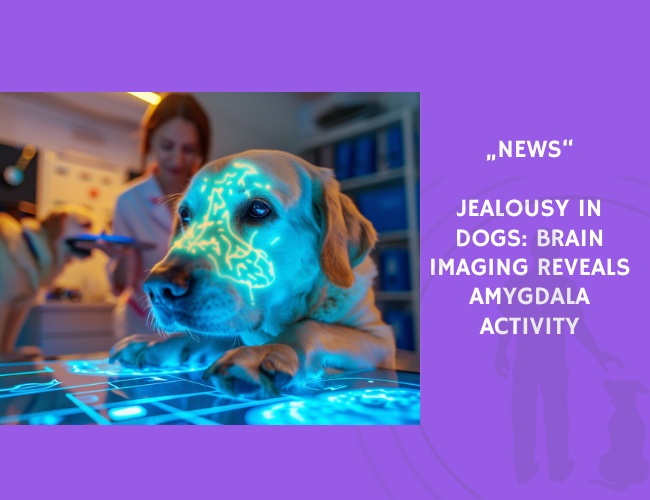New brain imaging research sheds light on the emotional world of dogs, revealing a neurological basis for jealousy-like behavior in aggressive individuals.
Dogs are well known for their deep emotional connections to humans, but can they experience jealousy? Cook and colleagues investigated this question by analyzing amygdala activity in domestic dogs using functional MRI scans. The researchers observed how dogs responded when their caregivers fed a realistic-looking fake dog versus placing food into a neutral object like a bucket.
The findings revealed that dogs rated as more aggressive showed significantly greater activation in their amygdala—a brain region associated with emotional arousal and aggression—when they observed their owner feeding the fake dog. This contrasted with the much lower response when food was placed into a bucket, suggesting that the social context of the interaction matters.
Interestingly, this amygdala response decreased with repeated exposure, indicating the potential for behavioral desensitization. The study supports the idea that dogs are capable of mentally representing emotionally charged social situations, and it strengthens the growing evidence that canine temperament is closely tied to specific patterns of brain activity.










